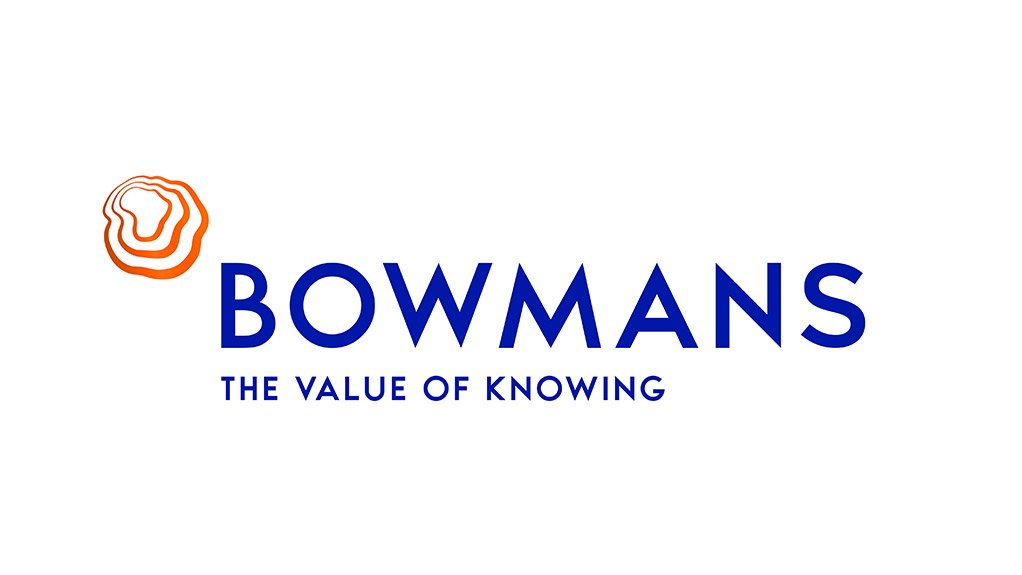Untrue references and misrepresentation are a growing headache for many employers. Asked “What’s keeping you up at night?”, senior HR executives from several multinational companies agreed that misrepresentation is a major cause of insomnia. This came to light during a panel discussion, moderated by Chris Todd, head of Bowmans’ Employment and Benefits Practice, at the recent Employment Law Alliance Conference in Johannesburg.
Panellists agreed that legal restrictions on what information companies can legitimately ask prospective new hires have increased. There has been an increasing trend, observed over the past 18 months, in prospective candidates omitting to disclose everything about their career history and skills – only for the truth to come out in the wash.
In interviews with prospective employers, candidates do not necessarily reveal that they are in litigation with their previous company or that they faced disciplinary action for sexual harassment. They choose not to volunteer it because this information could jeopardise their chances of landing the position. Such information will more than likely not be unearthed during the standard checks that recruiters may do, such as checking driving history and criminal records. It may also remain undetected during reference checks.
Restrictions on reference checks
The reason is that it is becoming increasingly difficult to conduct effective reference checks. Restrictions on the disclosure of personal information mean individuals and companies are becoming more constrained in what they say about third parties. Also, for various reasons, many companies no longer give out references about former employees and will only say that the person worked for them for a certain period.
Further, employers are increasingly wary about asking candidates to give their own references as they may provide referees whom they know and are close to.
This vacuum has prompted some employers to pursue other avenues – all within the letter of the law – to get to the “guts” of a prospective recruit’s employment history.
For example, before making a key employment decision, the HR executive might approach other senior executives in the company to find out if they know of the person concerned. After all, industry sectors in South Africa and most other African countries tend to be small and most mid- to senior-level people will know someone who knows someone.
Furthermore, some employers have taken conscious decisions not to protect former employees who leave under a cloud. For example, one panellist said that if his company were asked for a reference about a former employee who had used the company credit card fraudulently, it would tell the inquirer that this was the reason for his or her departure.
In this way, employers whose own fingers have been burnt can help prevent another company from feeling the same pain. Fact is, employing someone who has not been open about their past can have severe consequences. One example that panellists mentioned is the impact on existing employees of the appointment of someone whose history of sexual harassment comes out after the fact. With the advent of the MeToo# campaign, such situations could flare up in ways that can ravage a company’s reputation.
Dealing with the aftermath
Panellists emphasised that how they dealt with the aftermath of an untruth would depend on whether or not deliberate or malicious intent had come into play. If there was deliberate intent to deceive, employers would be much more inclined to pursue the matter.
However, there was also a feeling that companies generally were far too quick to allow senior managers who had misrepresented themselves to settle and resign. Without transparency, it is all too easy for the cycle to continue, to the detriment of future employers.
Third parties who give distorted references to aid someone else in fraudulently getting a job should also face the consequences. It hasn’t happened yet in South Africa, but the day is surely coming when an employer will sue for an untrue reference.
Written by Lusanda Raphulu, partner, Employment and Benefits Practice, Bowmans
EMAIL THIS ARTICLE SAVE THIS ARTICLE ARTICLE ENQUIRY
To subscribe email subscriptions@creamermedia.co.za or click here
To advertise email advertising@creamermedia.co.za or click here











